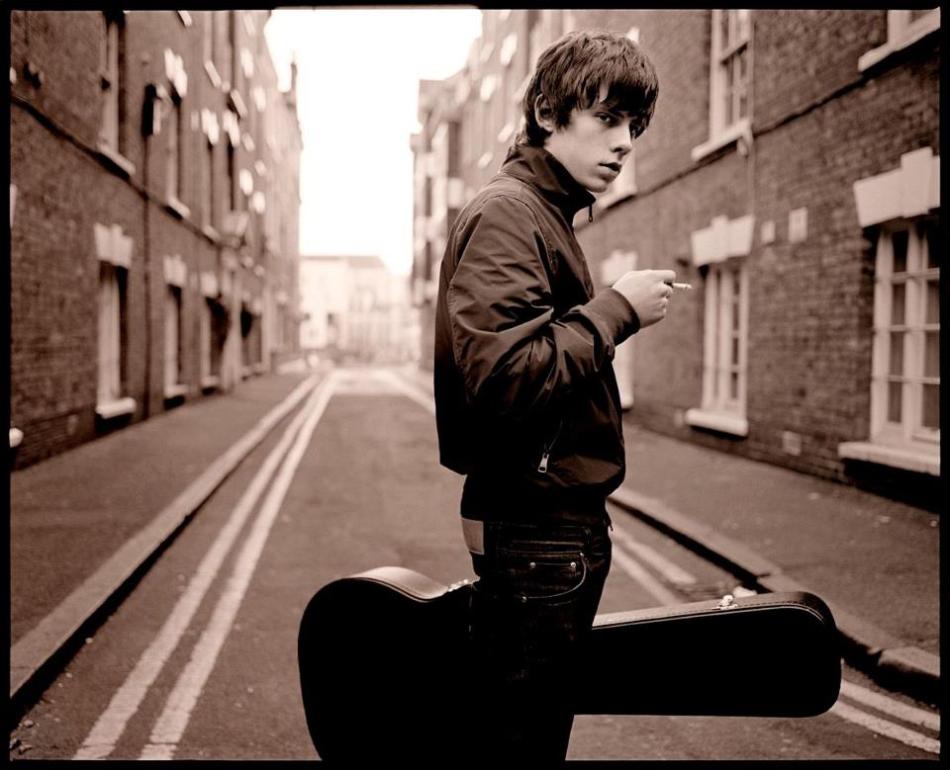No doubt about it, Muse are one of the epitomes of modern day music. To achieve world renowned respect in the music industry does not come easy and here are ten reasons for their status at the summit of musical recognition.
1. Versatility
Many say that the band holds a one dimensional fashion to their music: piano solos and high-pitched singing. Nevertheless, Muse is one of the few bands that can bring success in that degree and many others. Muse’s ‘Origin of Symmetry’ exploits Matt Bellamy’s exquisite talent for piano and guitar. ‘New Born’, being a key example, with a recurring piano progression, followed by a, somewhat, metal thrash exhibition for the remainder. Plus, the likes of ‘Citizen Erased’ and ‘Plug In Baby’ also venturing away from the spacey, melodic approach appearing on later albums.
2. Texture
How many three-piece bands can recreate the same dynamics and texture as Muse? Not many. Maybe Rush? Or even the Jimi Hendrix Experience? Still, it’s arguable that this texture comes from an onslaught of superficial techniques, but to blend these techniques together with well designed rhythms and riffs suggests the band does not solely rely on these effects. ‘Exo-Politic’ and ‘Stockholm Syndrome’ are good examples of this balance.
3. Live Performance
Muse, 16th June 2007, Wembley Stadium- I can safely say was one of the stand-out live performances of my constantly growing gig experiences. The HAARP tour, as it was called, gained the approval of over 50,000 voters on Wembley’s own website as ‘Wembley’s Greatest Event’, impressive, I know.
4. Surreal Escapism
Muse are a band that create a warped sense of reality to the listener. Similar to other bands, their subject matter remains predominantly political, whilst adding a futuristic, space-like aura to their electronically aided tracks. Their latest album from 2009, ‘Resistance’, being a good barometer of Muse’s ability to create a bizarre, distorted fantasy through their music.

5. Matt Bellamy’s Guitar Playing
Matt Bellamy is one of the few figureheads of modern guitar today. In my opinion, it seems only Tom Morello of ‘Rage Against The Machine’ would be a sincere counterpart to compare him to in recent years. Bellamy’s innovative expression through his guitar creates a new dimension to the band. His originality in experimentation, particularly with new modulations and intonation, has revolutionised electric guitar playing in the last 15 years, putting him up there with some of the all-time greats.
6. Killer Riffs
Not only do some of the lead guitar riffs hold a quality that only Muse could share with music listeners, but also some of Chris Wolstenholme bass riffs have created anthemic, memorable compositions. For instance, only last week the bass line from ‘Hysteria’ was voted ‘the best bass line of all time’ according to NME, and without thinking too hard, I’d agree.
7. Electricity
Muse have the ‘wow’ factor. Aside from their most recent album, it can’t be denied that if listening through the entirety of one of their four previous albums, there isn’t something that doesn’t absorb you into the music through sheer astonishment. Having such a vast array of techniques to engage listeners, understandably adds to their popularity.
8. Indefinable
They are a band that has not conformed to one genre and seems will always delve between styles to create a sense of mystery about their music. This is why I feel it is wrongly justifiable to compare them to such bands as Radiohead, as neither band shares an exact stance in music. To compare them would be like comparing the Lord of The Rings books to the Star Wars films…similar traits yet both are classics in their own right.
9. Consistency
Five albums down the line and Muse are sitting comfortably at the peak of their career. Each album containing singles that get in touch with the musical norms of the time and thrive on media attention. Therefore, with Resistance reaching number one in nine countries, it has to be questioned, when will their success end?
10. Limits To Success?
This leads to my final point, is their success limited? With the likes of other supergroups such as Coldplay trying new ideas to maintain their reputation and Oasis breaking up last year, it seems Muse will be reluctant to leave their position at the top of international recognition. Nevertheless, Muse are a band that always produces a high standard of music, leaving it up to the critics to decide if/when their incandescent appeal will begin to crumble.









